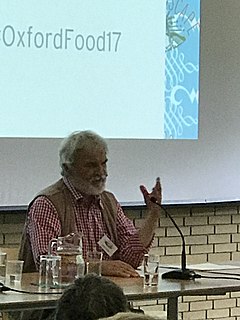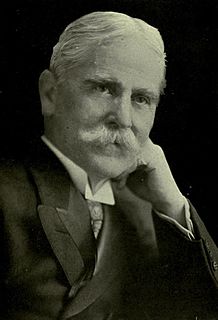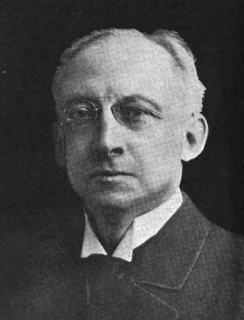A Quote by Robert Dabney
As a moral and social institution, a weekly rest is invaluable. It is a quiet domestic reunion for the bustling sons of toil. It ensures the necessary vacation in those earthly and turbulent anxieties and affections, which would otherwise become inordinate and morbid. It brings around a season of periodical neatness and decency, when the soil of weekly labour is laid aside, and men meet each other amidst the decencies of the sanctuary, and renew their social affections. But above all, a Sabbath (one day of rest in seven) is necessary for man's moral and religious interests.
Quote Topics
Above
Amidst
Around
Aside
Become
Brings
Day
Day Of Rest
Decency
Domestic
Each
Earthly
Institution
Interests
Invaluable
Labour
Laid
Man
Meet
Men
Moral
Morbid
Neatness
Necessary
One Day
Other
Otherwise
Quiet
Religious
Renew
Rest
Reunion
Sabbath
Sanctuary
Season
Seven
Social
Soil
Sons
Those
Toil
Turbulent
Vacation
Weekly
Which
Would
Related Quotes
Those social behaviors which automatically preclude the building of a democratic world must go - every social limitation of human beings in terms of heredity, whether it be of race, or sex, or class. Every social institution which teaches human beings to cringe to those above and step on those below must be replaced by institutions which teach people to look each other straight in the face.
The following proposition seems to me in a high degree probable—namely, that any animal whatever, endowed with well-marked social instincts, the parental and filial affections being here included, would inevitably acquire a moral sense or conscience, as soon as its intellectual powers had become as well, or nearly as well developed, as in man. For, firstly, the social instincts lead an animal to take pleasure in the society of its fellows, to feel a certain amount of sympathy with them, and to perform various services for them.
A week filled up with selfishness, and the Sabbath stuffed full of religious exercises, will make a good Pharisee, but a poor Christian. There are many persons who think Sunday is a sponge with which to wipe out the sins of the week. Now, God's altar stands from Sunday to Sunday, and the seventh day is no more for religion than any other. It is for rest. The whole seven are for religion, and one of them for rest.
It clearly follows that to make men moral it is necessary to make their social environment moral. And that can be done in only one way; by assuring the triumph of justice, that is, the complete liberty of everyone in the most perfect equality for all. Inequality of conditions and rights, and the resulting lack of liberty for all, is the great collective iniquity begetting all individual iniquities.
The objections to religion are of two sorts - intellectual and moral. The intellectual objection is that there is no reason to suppose any religion true; the moral objection is that religious precepts date from a time when men were more cruel than they are and therefore tend to perpetuate inhumanities which the moral conscience of the age would otherwise outgrow.
Since holiness is the main thing that excites, draws, and governs all gracious affections, it is no wonder that all such affections tend to holiness. That which men love, they desire to have and to be united to, and possessed of. That beauty which men delight in, they desire to be adorned with. Those acts which men delight in, they necessarily incline to do.
By establishing a social policy that keeps physician-assisted suicide and euthanasia illegal but recognizes exceptions, we would adopt the correct moral view: the onus of proving that everything had been tried and that the motivation and rationale were convincing would rest on those who wanted to end a life.
As to the origin of civil Societies or Governments; the Author of our Being, has given Man a Nature to be fitted for, and disposed to Society. It was not good for Man at first to be alone; his nature is social, having various Affections, Propensities and Passions, which respect Society, and cannot be indulged without a social Intercourse.
The moral absolutes rest upon God's character. The moral commands He has given to men are an expression of His character. Men as created in His image are to live by choice on the basis of what God is. The standards of morality are determined by what conforms to His character, while those things which do not conform are immoral.





































